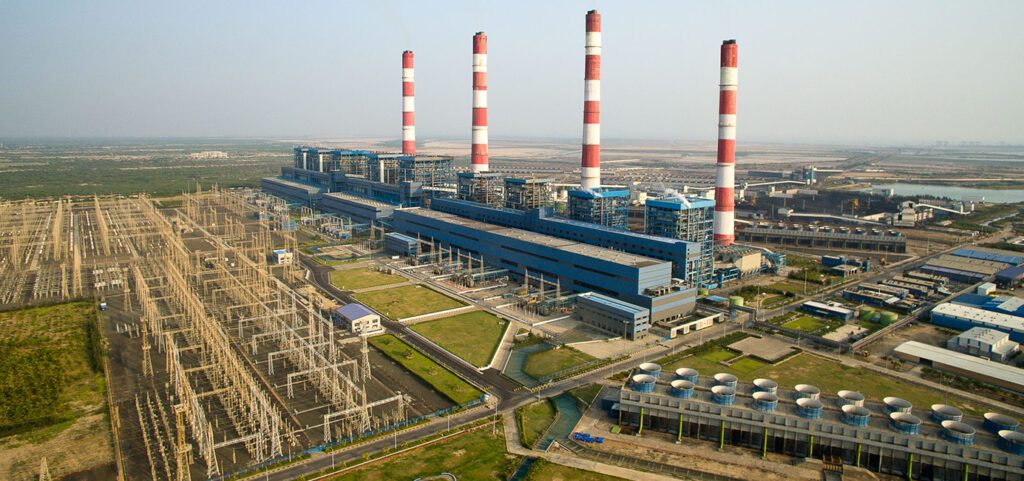India Extends Emergency Operation Order for Plants Using Imported Coal
India’s government has issued an emergency order that extends the operation of coal-fired power plants using imported coal, as the country grapples with a shortage of domestic coal and continued high demand for electricity.
The order, which came from the power ministry on Oct. 23, asks coal-fired power plants using imported coal to operate at full capacity at least through June of next year. “After consultations with the Central Electricity Authority (CEA), the Government decided to extend the time period for Section 11 directive to imported coal-based generators, up to [June 30, 2024],” the ministry said in the notification published Monday. The government, under Section 11 of the country’s Electricity Act, can ask power generating companies to operate facilities under government direction during times of “extraordinary circumstances.”
The new directive comes after the power ministry in March of this year had asked power plants using imported coal to operate at full capacity until Oct. 31, 2023. Officials said Monday’s order extending that directive by another eight months involves the operation of coal-fired plants with about 17 GW of generation capacity. “It is imperative that … power from imported coal-based generating stations is available to meet demand,” the government said.
Coal-fired power generation supplies about half of India’s electricity, according to government data. Solar power supplies just less than 16%, with hydropower next at just more than 11%.

Power plants in India that use imported coal typically limit operations when prices for imported coal rise. Supply issues with domestic coal, though, which have dropped inventories of coal stocks at India’s power plants, have created a need for more imports.
Government data shows coal stocks at power plants in India in the first half of October were falling at the highest rate in the past two years. India is considered the world’s second-largest producer of coal, behind China, but banks increasingly are refusing to finance mining operations, which has led to supply issues across the country.
India imports coal from countries including Indonesia, South Africa, and Russia. Government reports earlier this year said the country was importing about 30% more coal in 2023 than in 2022. Australia, which had been a major exporter of coal to India, has instead been exporting much of its coal to China, after China ended a de facto ban on Australian coal earlier this year.
Monday’s order impacts several Indian coal-fired power plants including Adani Power’s massive 4,620-MW Mundra facility; JSW’s 1,200-MW Ratnagiri station; the 1,200-MW Salaya power plant in Gujarat, operated by Essar; and Tata Power’s 930-MW Trombay station.
—Darrell Proctor is a senior associate editor for POWER (@POWERmagazine).